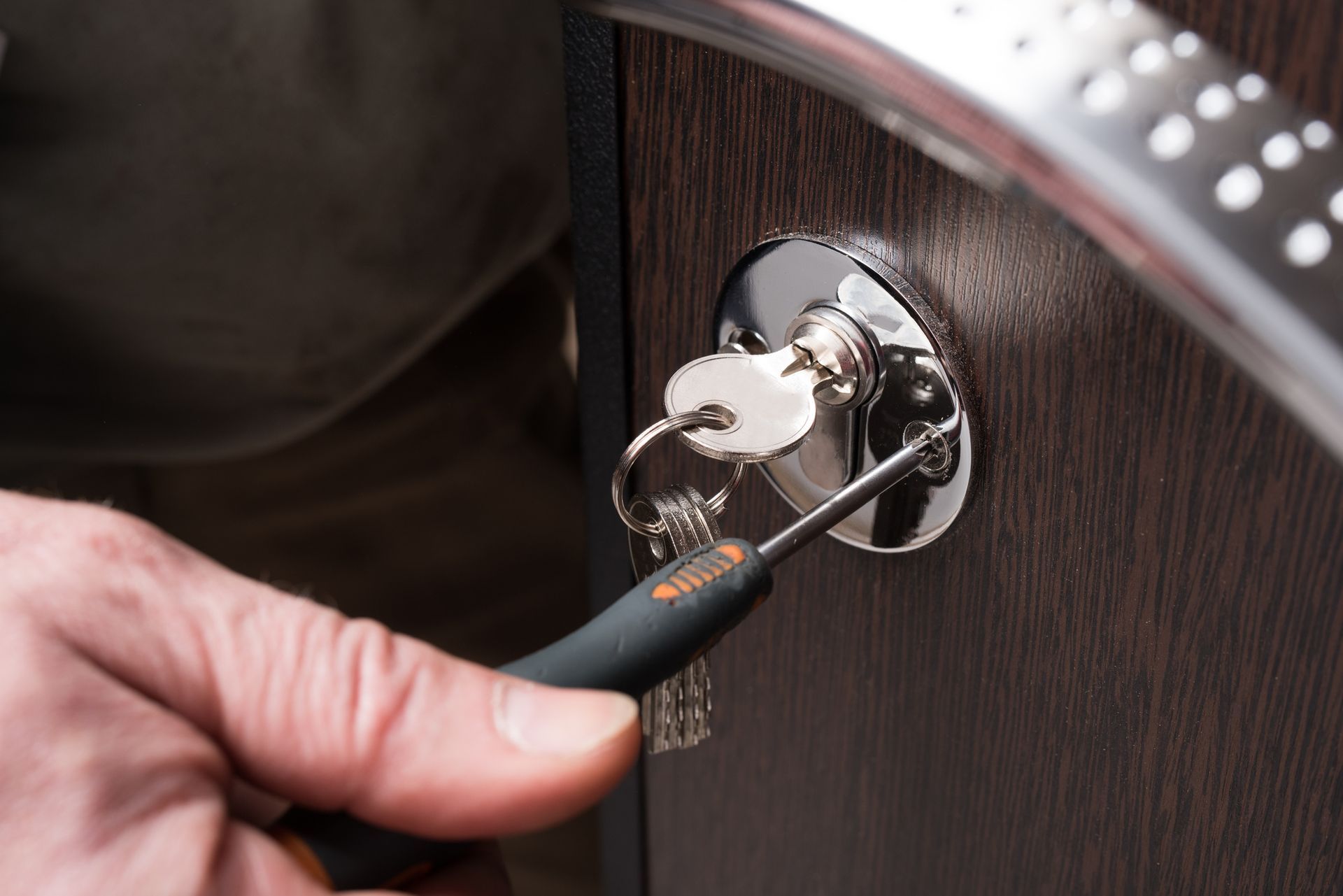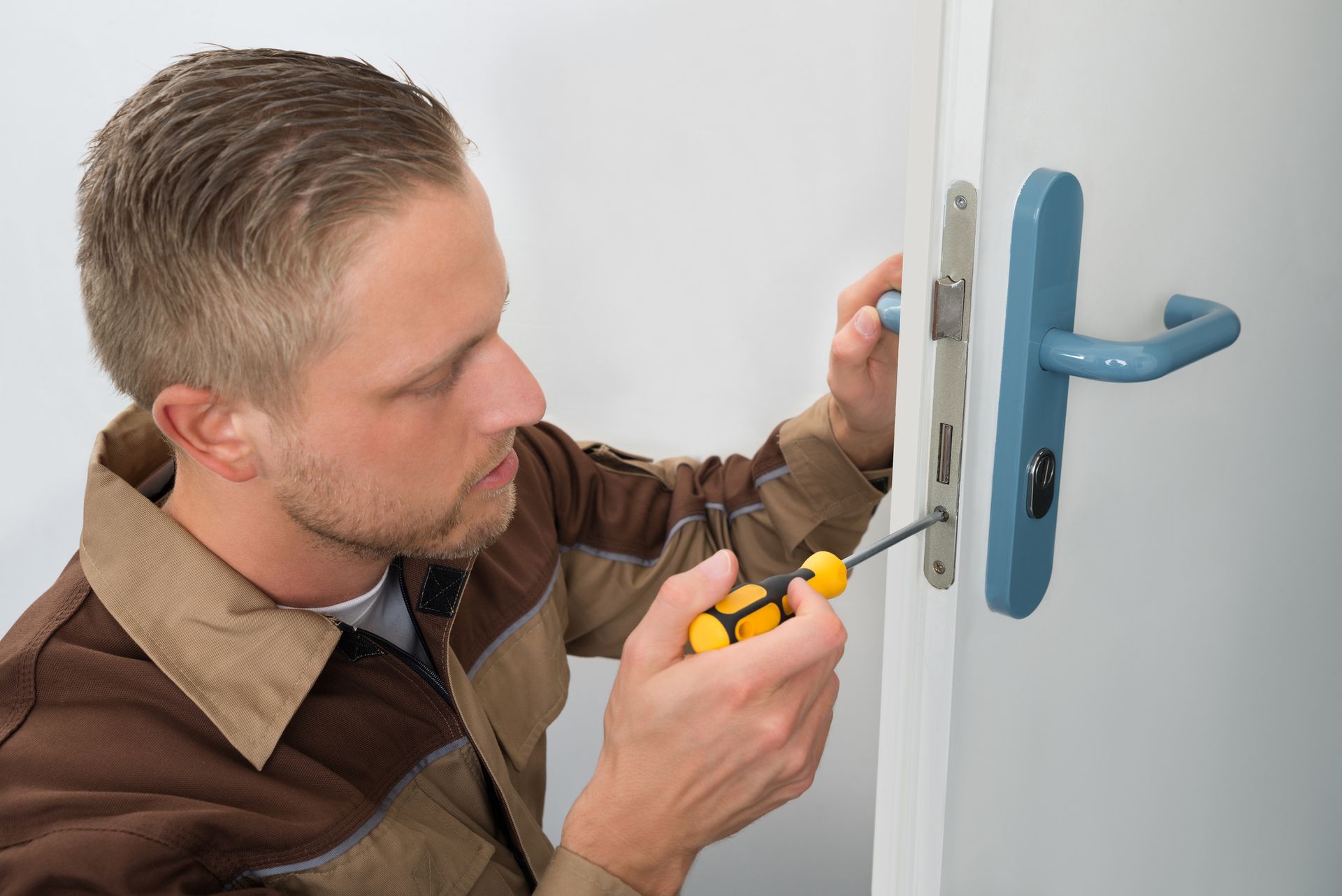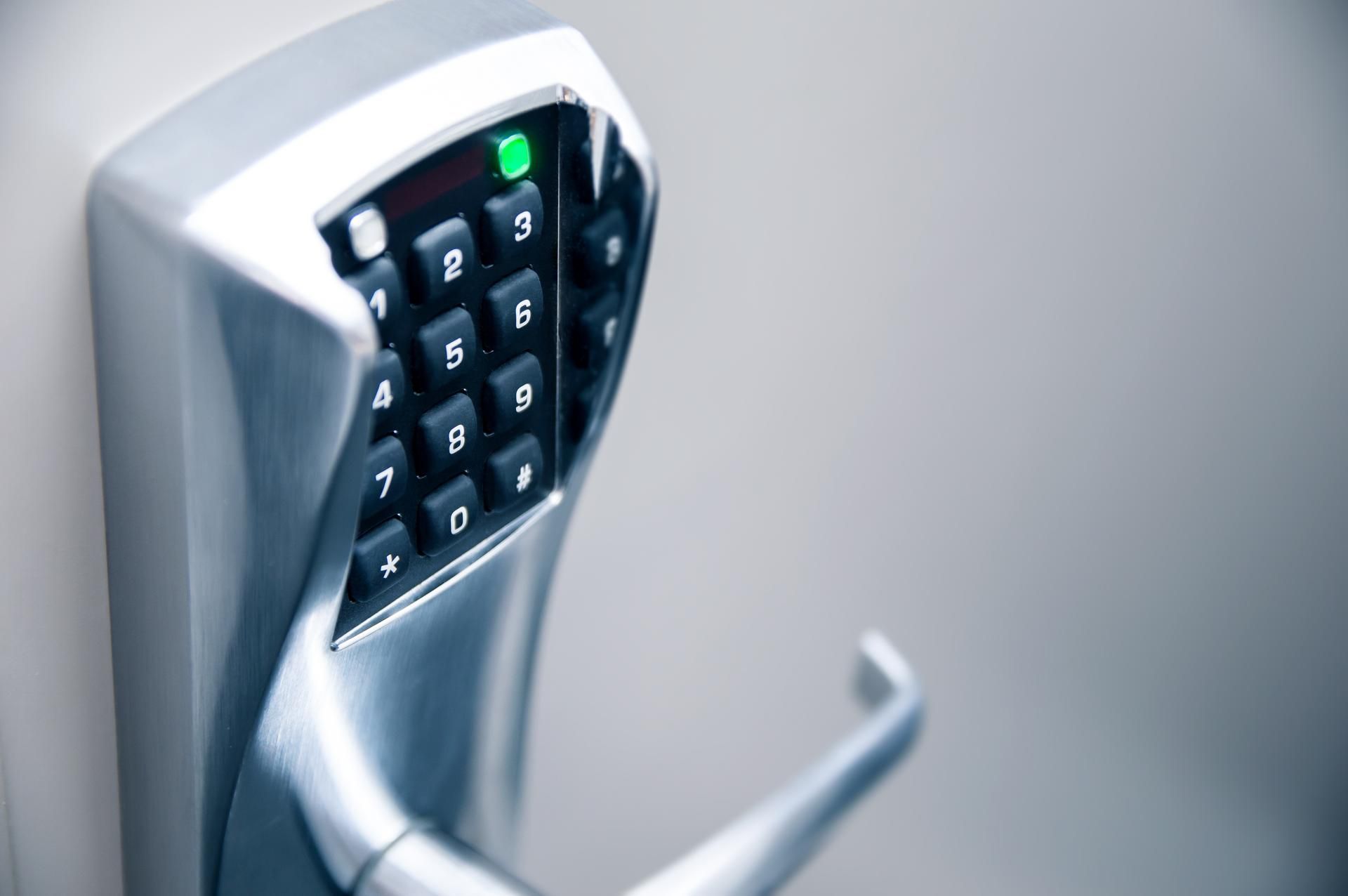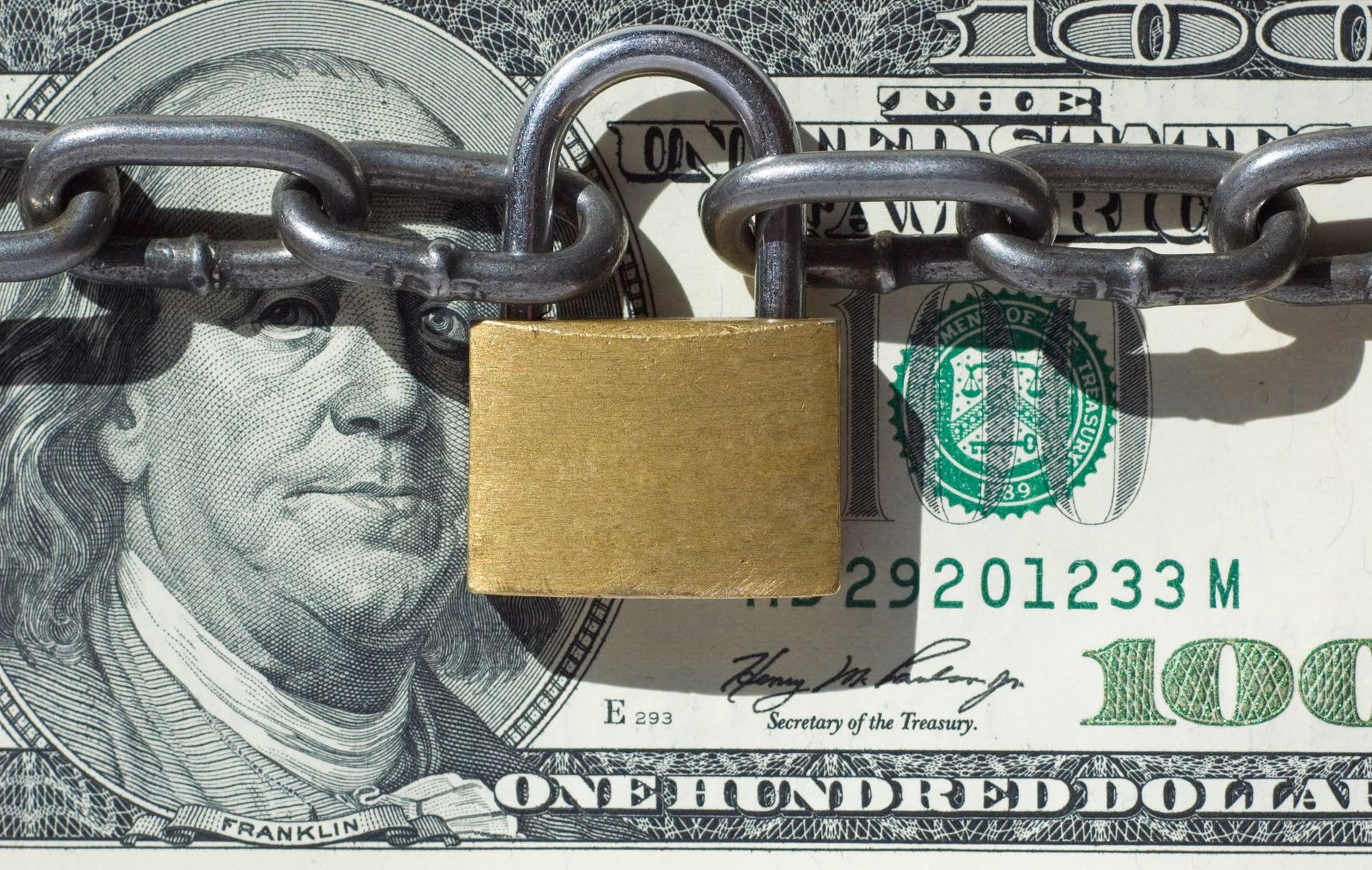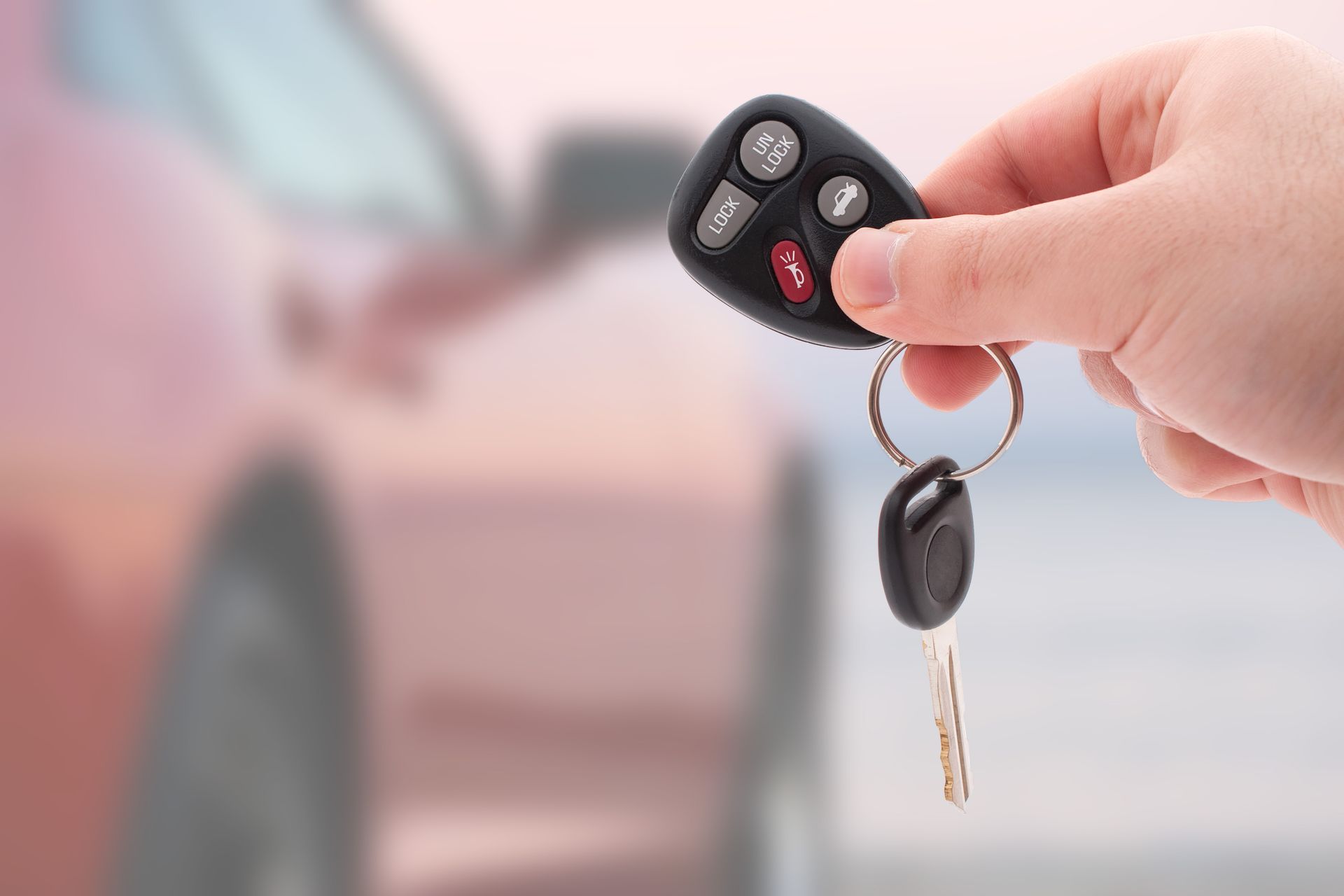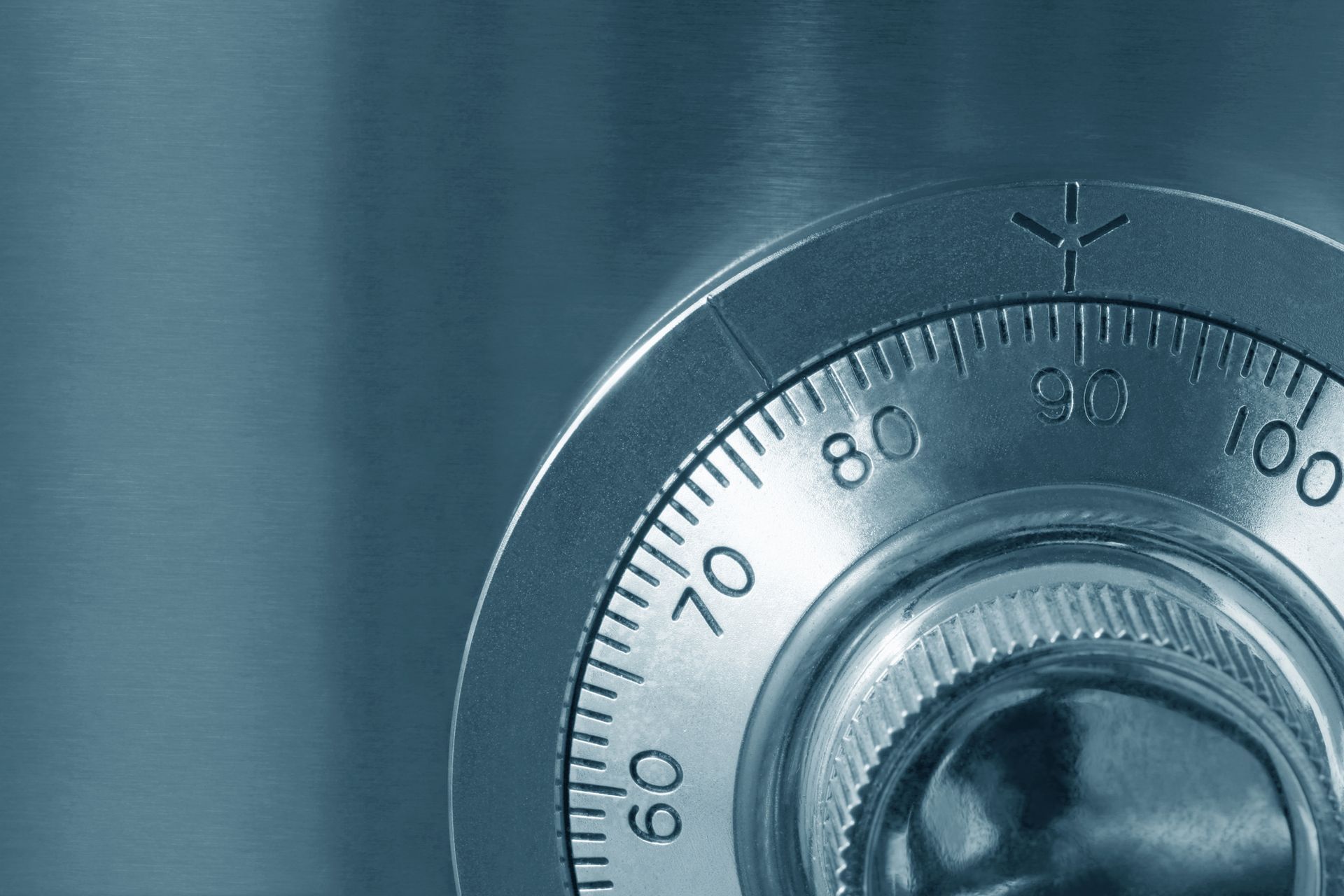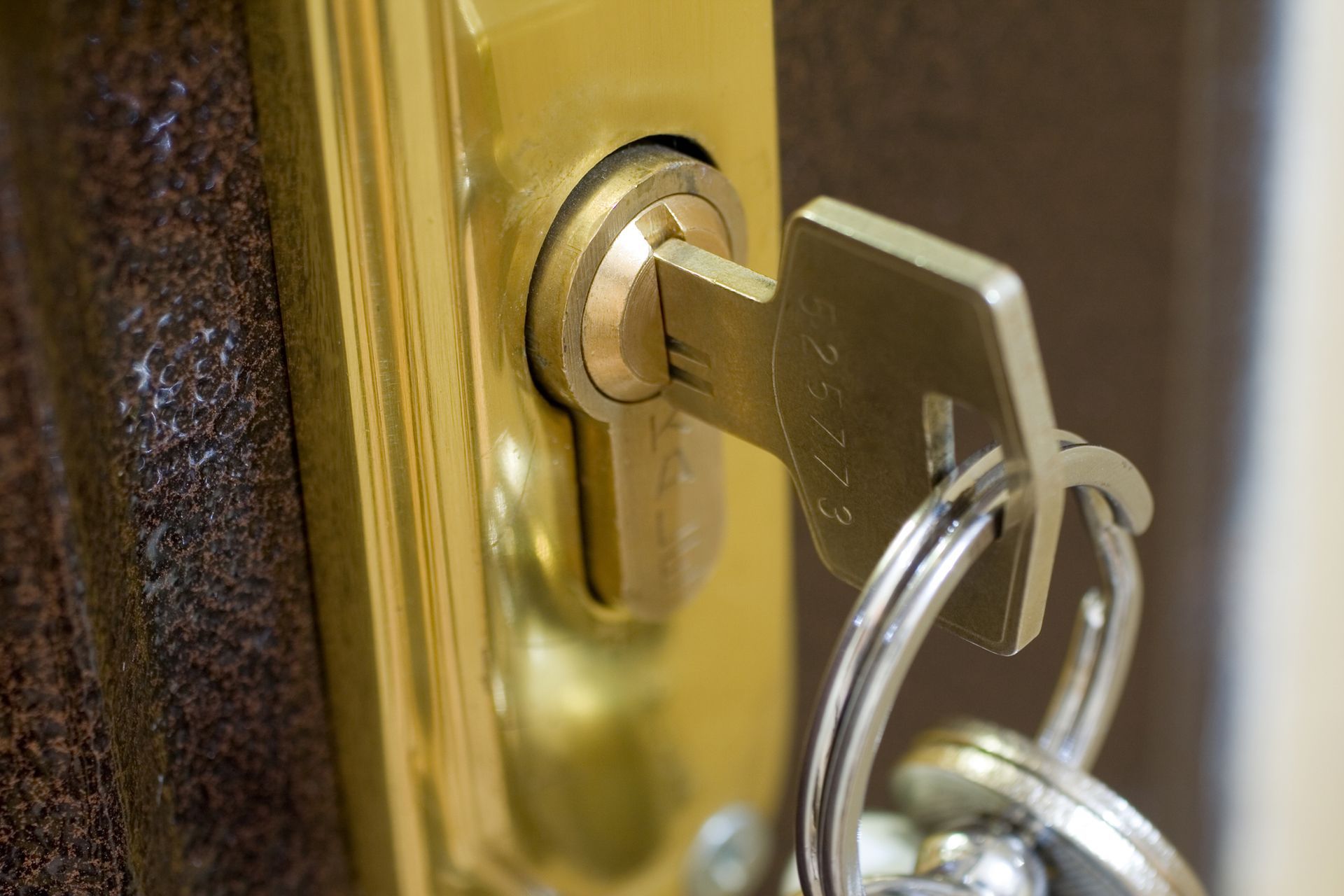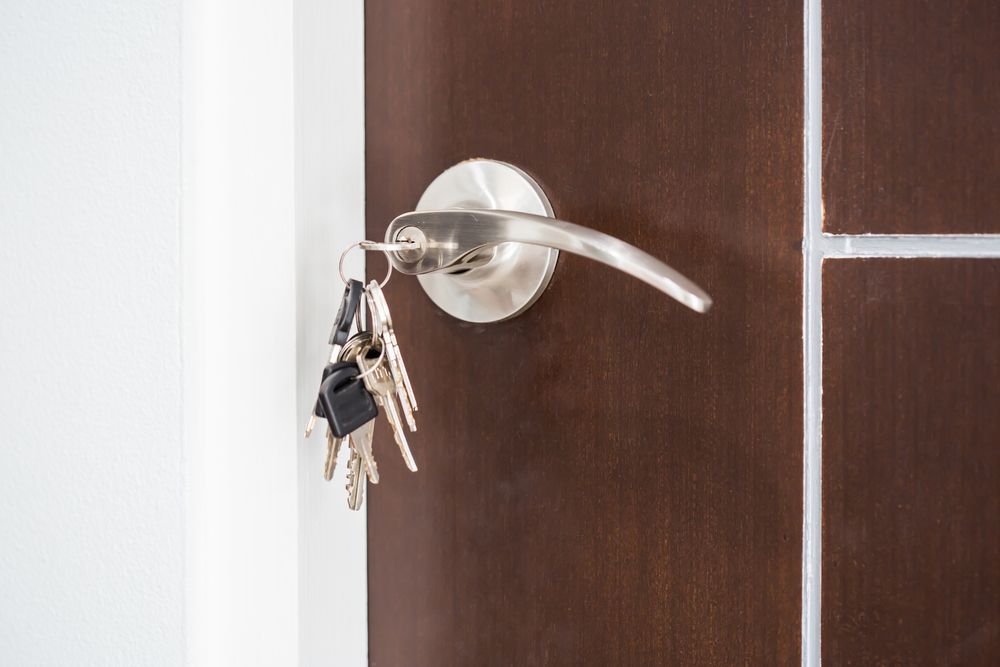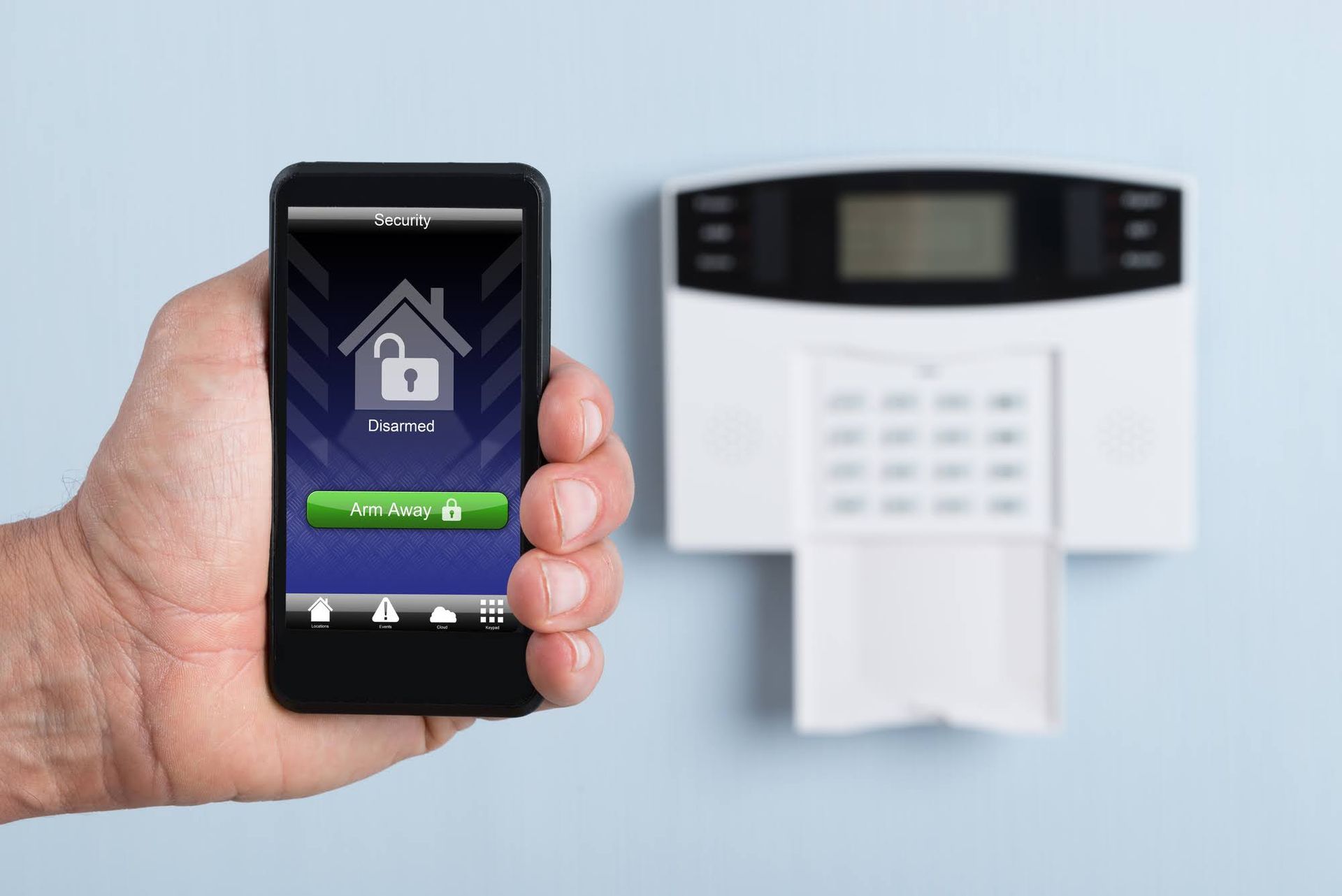4 Key Things to Consider While Buying a Digital Lock
The world is changing quickly, as is technology. Today, we have smartphone-controlled digital locks, voice command locks, biometric locks, and more. Although these locks increase security, there are several factors to consider.
Here are the four main factors to consider when purchasing a digital lock.
1. Security
The primary function of a lock is security. Digital locks have high-tech security features like biometric authentication, entry without a key, and encrypted data storage. You need a digital lock with good security features to stop unauthorized access, tampering, or hacking.
Also, look for a digital lock with encryption protocols that are standard in the industry and a strong password protection system. Biometric authentication adds an extra layer of security because biometrics can't be copied or stolen easily.
It's also a good idea to look for digital locks with backup options like key overrides or backup codes to ensure that you can access your property even if there's a power outage or a technical failure.
2. Compatibility
The compatibility of the lock tells you if it will work with your current door hardware and security system. Some digital locks can only be put on particular doors, while others can be placed on any door but need certain locks or security systems to work.
Compatibility is also essential in determining the level of security provided by the lock. Suppose a digital lock is incompatible with your current security system. If that's the case, it might not work with other security devices like alarms or cameras, leaving your home open to burglars.
Compatibility also affects the lock's ease of use and convenience. If your smartphone or other digital devices don't work with a digital lock, it may be hard to access or control the lock from afar. Compatibility problems can even cause the coil in the lock to stop working, which is inconvenient and could be dangerous.
3. Authentication Methods
The authentication methods are used to determine how easy it is to access the locked space. PIN codes, key fobs, biometric scanning—fingerprints, facial recognition, etc.—and smartphone apps are common ways to prove who you are.
Additionally, the type of authentication method should be chosen based on the lock's intended use. For example, biometric locks are suitable for high-security places like banks and government buildings, while keypad locks are good for homes and small businesses.
Also, some methods of authentication may require technical know-how, while others are easy to use and can be done by anyone. For example, smart locks are easy to use with a smartphone app, but biometric locks may need to be set up and maintained by a professional.
4. Type of Lock
The type of lock determines the level of accessibility and convenience. Biometric locks that use fingerprints, keypad locks that use codes, and smart locks that use smartphones are all standard digital locks. Biometric locks are very safe but challenging to use when more than one person needs to get in.
Keypad locks are easy to use and give enough security, but they can be hacked or have their codes stolen. Smart locks give you security and make your life easier, but you need a smartphone that works and an internet connection to use them.
Before choosing a digital lock, think about how secure it needs to be, how many people will need access, and how easy it is to use overall. Lastly, the digital lock you choose will depend on your needs and how much money you have.
Don't compromise on home or office security or convenience. Choose the best digital lock for your needs and rest easy knowing your property is safe. Our knowledgeable staff will guide you through the process of selecting the best safety for your needs and will answer any questions you may have.
Visit The Lock Shop's extensive selection of high-quality digital locks today.

